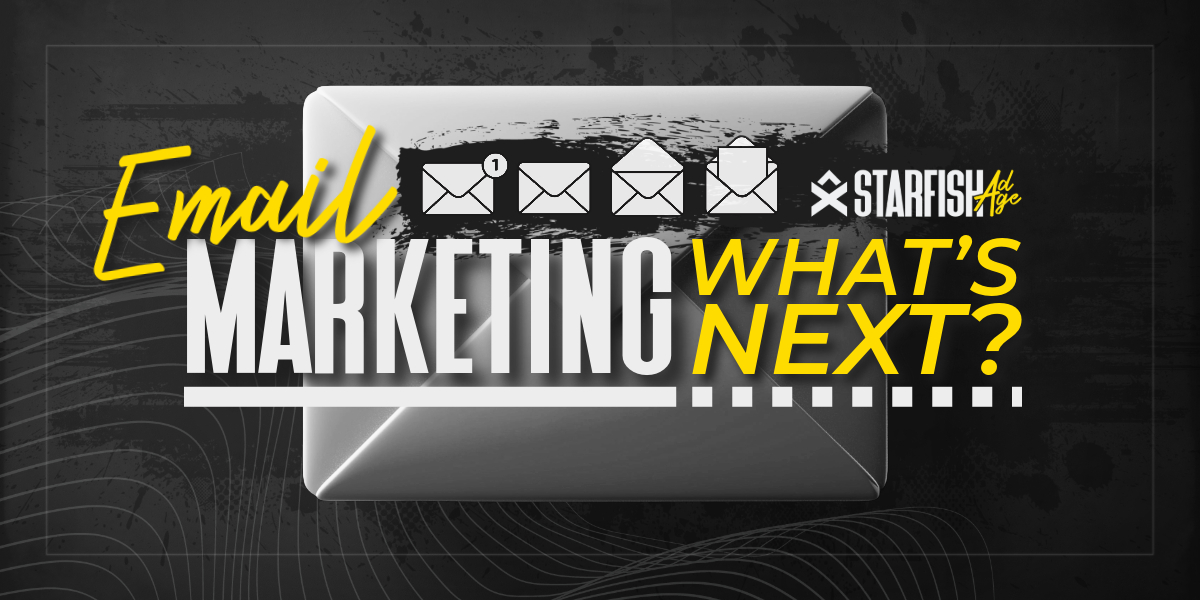
What Is The Future Of Email Marketing
Email marketing has been a powerful tool for businesses for decades. Choosing the right email marketing service can optimize strategies and gauge campaign performance effectively.

Marketing automation is the use of software and technology to automate repetitive marketing tasks and processes, such as email marketing, social media scheduling, and lead nurturing. It allows marketing teams to streamline their efforts, optimize campaigns, and improve customer engagement by leveraging customer data. Defining and implementing a marketing automation strategy can help further streamline efforts and align automation with the sales process to enhance customer experience and drive business results.
Marketing automation is the use of software and tools to automate repetitive marketing tasks and streamline processes. It works by collecting and analyzing customer data, segmenting audiences, and executing targeted campaigns across multiple channels, such as email, social media, and digital advertising.
Marketing automation helps businesses save time, optimize resources, and improve marketing efficiency. It enables personalized customer experiences, enhances lead generation and nurturing, streamlines repetitive tasks, and improves collaboration between sales and marketing teams.
Common tasks include email marketing, social media scheduling, lead scoring, campaign management, customer data tracking, and analytics reporting. Automation tools can also handle follow-ups, customer segmentation, and channel performance optimization.
Marketing automation captures and scores leads based on their behavior, such as website visits or email engagement. It then delivers targeted content to nurture these leads through the sales funnel, ensuring they receive relevant information at each stage.
Key factors to consider include ease of use, integration capabilities with existing tools (like CRM systems), scalability, analytics features, and support for multi-channel campaigns. Businesses should select a platform that aligns with their goals and marketing strategy.
Marketing automation helps businesses save time, reduce costs, and enhance their ability to deliver personalized experiences across multiple channels. By automating routine tasks, marketing automation helps integrate marketing and sales efforts to enhance customer interactions, improve engagement tracking, and allow teams to focus on strategic initiatives that drive revenue growth and build stronger customer relationships.

Marketing automation works by combining various tools and processes into a unified platform. This includes email marketing systems, social media schedulers, and analytics tools that track customer interactions. These tools work together to manage marketing efforts efficiently.
With marketing automation, businesses can create personalized customer journeys by using data to tailor messages and interactions. Automation tools analyze behavior, preferences, and past actions to deliver relevant content at each stage of the customer lifecycle.
Marketing automation platforms serve as the foundation for managing campaigns, customer data, and analytics. These platforms provide the necessary infrastructure to automate processes, measure performance, and optimize marketing strategies.
Automation tools handle repetitive tasks like scheduling emails, posting social media updates, and scoring leads. By leveraging these tools, the marketing team can handle these repetitive tasks efficiently and focus on creative and strategic initiatives while maintaining consistent engagement with potential customers.
One of marketing automation’s biggest advantages is its ability to streamline complex marketing processes. Tasks that once required hours of manual effort can now be completed automatically, freeing up time for strategic planning.
Marketing automation improves overall efficiency by ensuring that campaigns are executed seamlessly across multiple channels. This leads to more effective marketing efforts, better lead management, and enhanced customer retention.
Marketing automation tools help generate marketing-qualified leads by capturing data from website visits, social media interactions, and email engagement. This data is then used to identify and prioritize high-potential prospects.
Lead nurturing becomes more effective with automation, as tools send targeted content based on prospects’ positions in the sales funnel. This ensures potential customers receive the right information at the right time, increasing conversion rates.
Personalized content is essential for engaging customers. Marketing automation platforms use data insights to deliver tailored messages and offers, ensuring each interaction feels relevant and valuable to the recipient.
Consistent, personalized communication helps build trust and brand loyalty. Businesses can foster stronger relationships and encourage repeat purchases by automating touchpoints in the customer journey.
Marketing automation bridges the gap between sales and marketing teams by providing shared tools and insights. This alignment ensures that both teams work toward common goals, such as optimizing the sales funnel and increasing revenue.
With automation tools, marketing teams can hand over high-quality leads to the sales team at the right time. This ensures that sales efforts are focused on prospects most likely to convert, improving efficiency and success rates.
Marketing automation provides valuable insights into customer behavior and preferences by tracking customer interactions across multiple channels. These insights help businesses optimize their marketing strategy to drive revenue growth.
Automation tools allow businesses to measure the effectiveness of their campaigns and adjust strategies in real-time. This ensures that marketing efforts are cost-effective and yield the highest possible return on investment.
Automated email marketing campaigns deliver timely and relevant customer messages based on their behavior and preferences. This approach improves engagement rates and supports lead nurturing efforts.
Scheduling social media posts, analyzing engagement, and tracking performance are made easier with automation. These tools ensure consistent visibility across platforms while saving time for marketing teams.
Businesses should consider factors such as ease of use, scalability, and integration capabilities when selecting a marketing automation platform. The best marketing automation software aligns with a company’s needs and goals.
There are numerous platforms available, each offering unique features and benefits. From customer relationship management (CRM) integration to advanced analytics tools, businesses should evaluate their options carefully to find the right fit. Our platform, StarLeads, covers all the bases.

To measure the success of marketing automation, businesses should track KPIs such as lead generation, conversion rates, and customer retention. These metrics provide insights into the effectiveness of automation strategies.
Analytics tools within marketing automation platforms allow teams to assess campaign performance and identify areas for improvement. Continuous optimization ensures ongoing success and growth.
Marketing automation empowers businesses to streamline processes, enhance customer experiences, and achieve better results. By leveraging the right tools and strategies, organizations can transform their marketing efforts into a powerful driver of success.
Customer data is the backbone of effective marketing automation. Businesses gain a comprehensive understanding of their audience by collecting information from multiple touchpoints, such as website visits, email interactions, and social media engagements. This data enables personalized content that resonates with individual preferences and behaviors.
Marketing automation tools analyze customer data to optimize campaigns in real-time. By tracking performance metrics, businesses can identify what’s working and make data-driven adjustments to enhance outcomes. This approach ensures that marketing efforts are always relevant and impactful.
Marketing automation helps businesses manage the entire customer journey from the first interaction to post-purchase follow-ups. Automation tools ensure consistent communication and personalized experiences, building trust and long-term customer relationships.
Marketing automation platforms allow businesses to maintain consistent messaging across all digital marketing channels. Whether email, social media, or paid ads, customers experience seamless interactions that align with the brand’s voice and objectives.
Repetitive marketing tasks, such as scheduling posts, sending follow-up emails, or managing contact lists, can be time-consuming. Marketing automation eliminates these manual processes, giving marketing teams more time to focus on creative and strategic work.
By automating routine tasks, businesses can allocate their resources more effectively. Marketing departments can spend more time developing innovative campaigns and analyzing customer insights, driving greater efficiency and success.
Marketing automation fosters collaboration between sales and marketing teams by providing shared access to customer data and analytics. This unified platform ensures both teams align their goals and strategies, enhancing overall effectiveness.
Automation tools help bridge the gap between marketing and sales by nurturing leads through the sales funnel. Businesses can improve conversion rates and close deals faster by delivering qualified leads to the sales team at the right time.

Marketing automation platforms simplify the management of campaigns across multiple channels. Teams can schedule content, track performance, and analyze results from a single dashboard, ensuring cohesive and efficient campaign execution.
Automation tools enhance digital advertising by optimizing targeting, bid strategies, and ad placements. This ensures that businesses reach the right audience at the right time, maximizing the impact of their ad spend.
Customer relationship management (CRM) systems integrate seamlessly with marketing automation platforms to strengthen customer relationships. Businesses can deliver personalized experiences and foster brand loyalty by combining CRM data with automation capabilities.
Marketing automation supports customer retention by maintaining consistent engagement throughout the customer lifecycle. Automated follow-ups, personalized offers, and timely reminders help keep customers connected to the brand.
Artificial intelligence is revolutionizing marketing automation by enabling smarter decision-making and enhanced personalization. AI-powered tools can predict customer behavior, optimize content, and automate complex workflows, improving efficiency and effectiveness.
As marketing automation evolves, its analytics capabilities are becoming more advanced. Future platforms will offer deeper insights into customer interactions, campaign performance, and market trends, empowering businesses to make more informed decisions.
Marketing automation is an indispensable tool for modern businesses. It can automate processes, personalize customer journeys, and drive measurable results. By implementing the right strategies and tools, companies can achieve greater efficiency, stronger customer relationships, and sustained growth in an increasingly competitive market.

Email marketing has been a powerful tool for businesses for decades. Choosing the right email marketing service can optimize strategies and gauge campaign performance effectively.

Discover successful email marketing strategies to boost engagement, drive conversions, and grow your business with impactful campaigns.

Discover the importance of lead generation for boosting business growth, building connections, and driving long-term success.
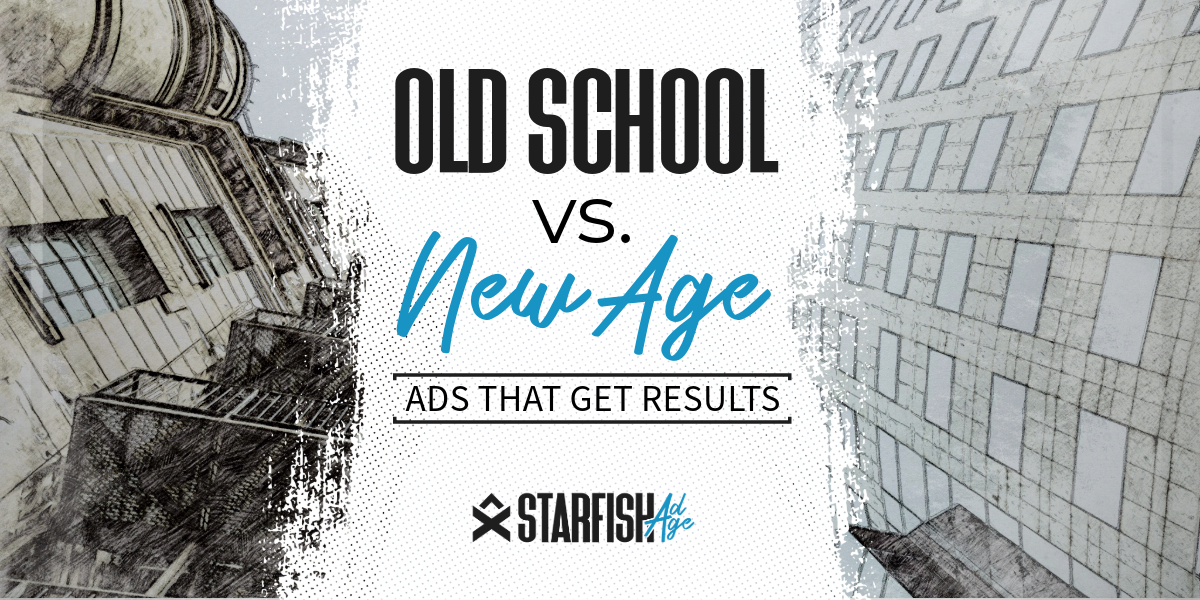
Explore the differences between traditional and digital advertising. Learn which strategy is best for your business, from broad reach to targeted campaigns.
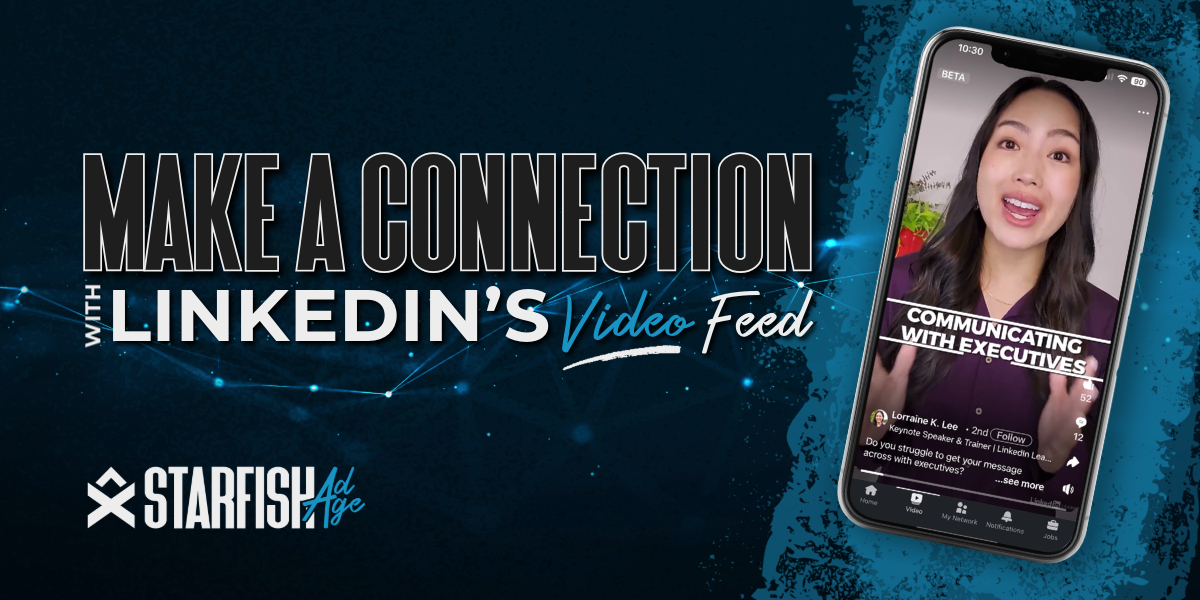
Use LinkedIn’s new video feed to grow your audience. Learn specs, best practices, and tips for creating engaging posts to boost your visibility on LinkedIn.

How major social media legal battles in 2024, including Supreme Court rulings and the Kids Online Safety Act, are impacting businesses and digital marketing.

Discover 10 iconic brands like Blockbuster, Kodak, and Toys “R” Us that went extinct because they failed to innovate.

Gen Z Marketing That’s Breaking The Internet: Discover how Gen Z marketers use bold, unpredictable strategies to capture attention.

Learn how AI tools improve customer experience, streamline operations, optimize marketing, and reduce operational costs.
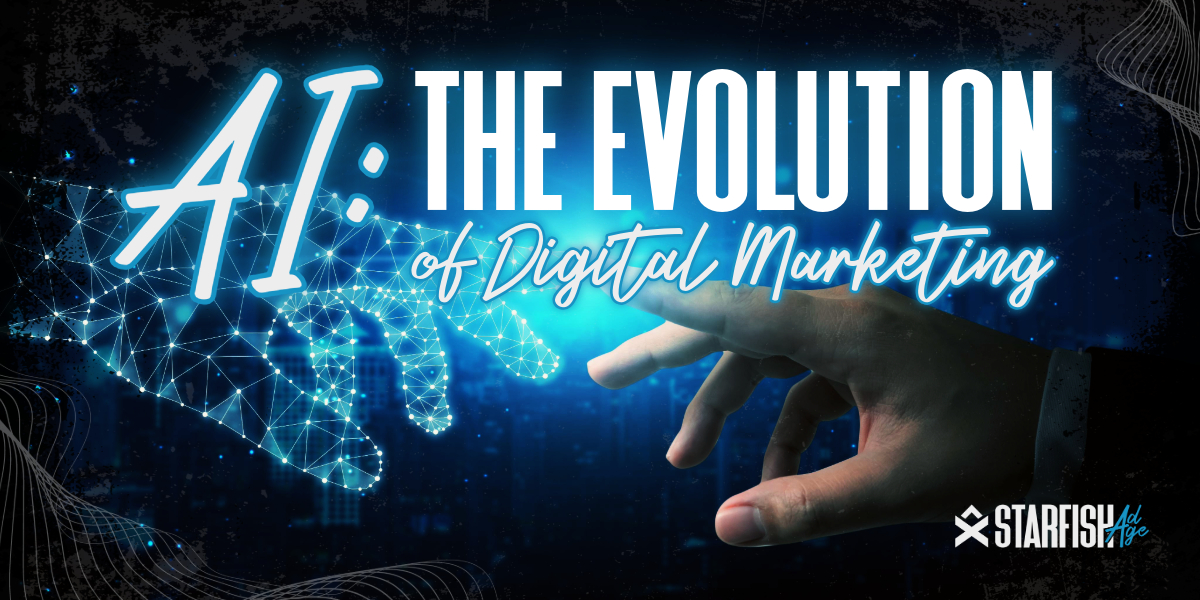
Discover how AI transforms digital marketing through automation, personalized strategies, and data-driven insights.

Discover five powerful strategies for building brand awareness, from partnerships and influencer marketing to social media and SEO.

Get the latest insights on Google’s ad tech monopoly trial and how it could reshape digital advertising, competition, and your ad strategies moving forward.

Follow TikTok’s legal battle against the ban and learn how it could affect creators. Get the facts and understand the potential future of the platform.

A few of the most significant marketing mistakes we’ve seen in 2024 so far, why they happen, and simple ways to avoid them to keep your campaigns on track.
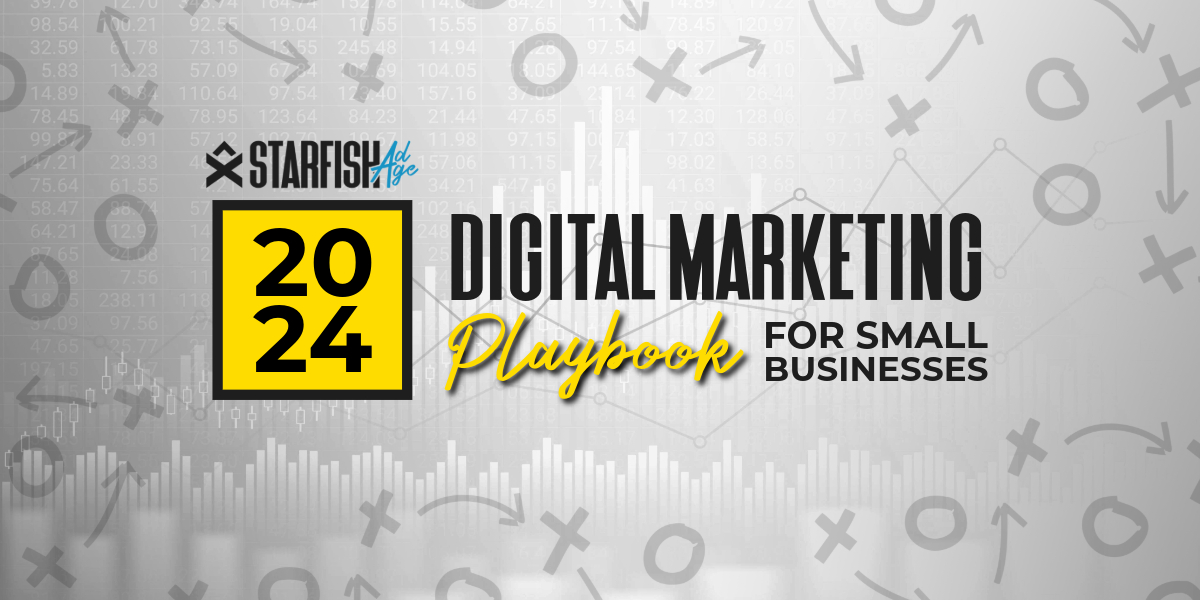
Explore key strategies in our 2024 Digital Marketing Guide. Learn to understand your audience, build an online presence, and optimize for business growth.
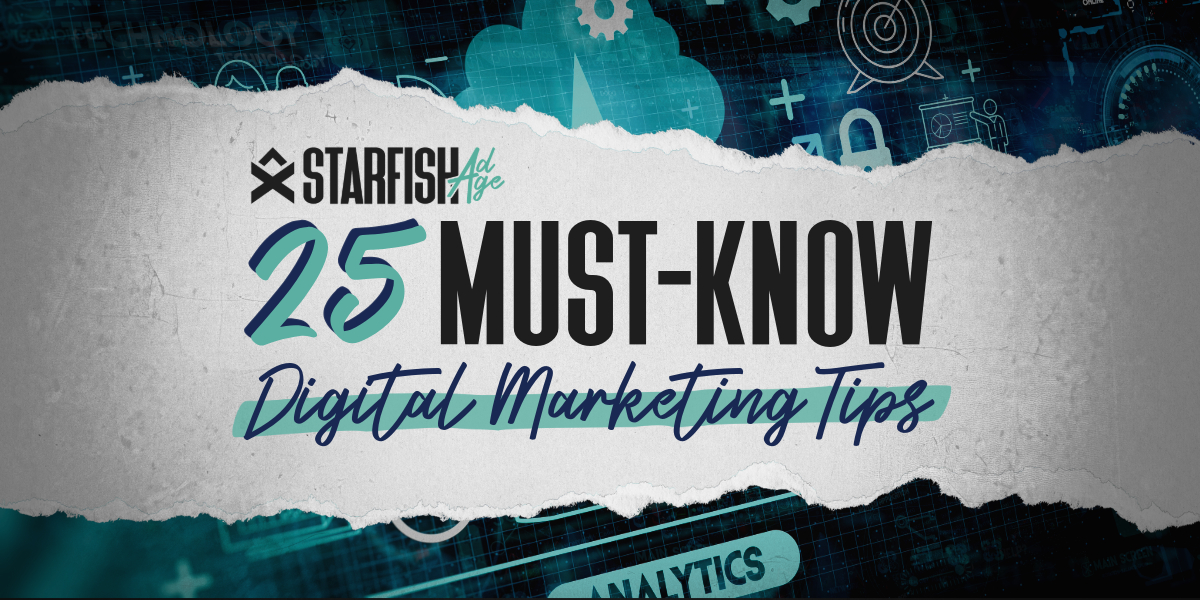
Discover 25 essential digital marketing tips for small businesses. Boost your online presence, attract customers, and drive sales with proven strategies.

14 Essential Digital Marketing Solutions to Boost Your Business Growth
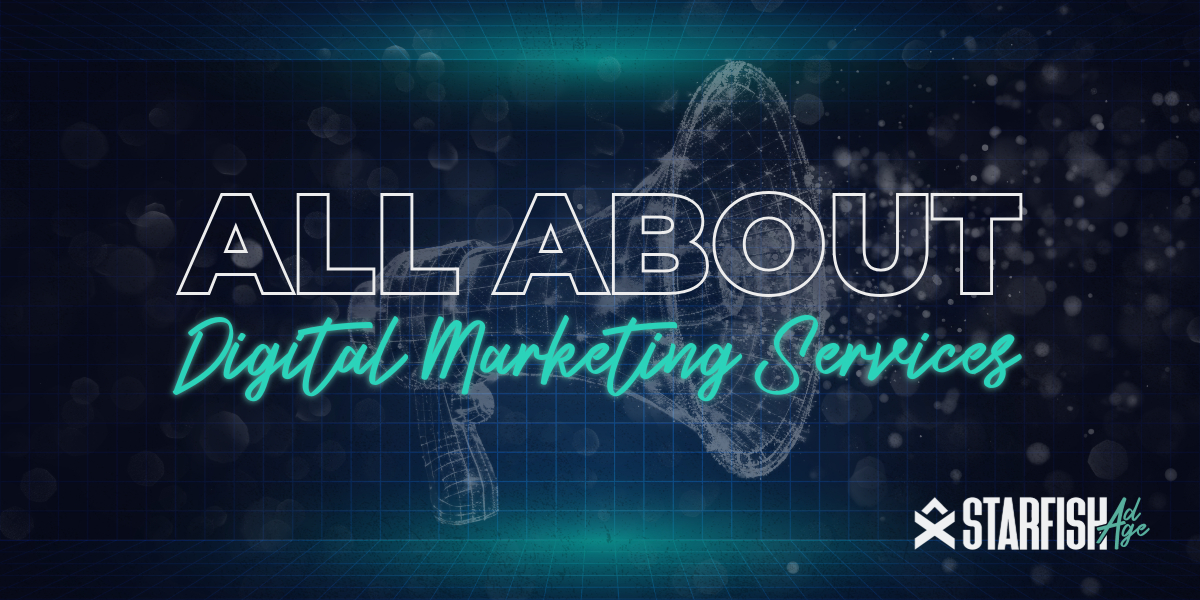
Learn about SEO, PPC, social media marketing, content marketing, and more to drive traffic and conversions. Read now!
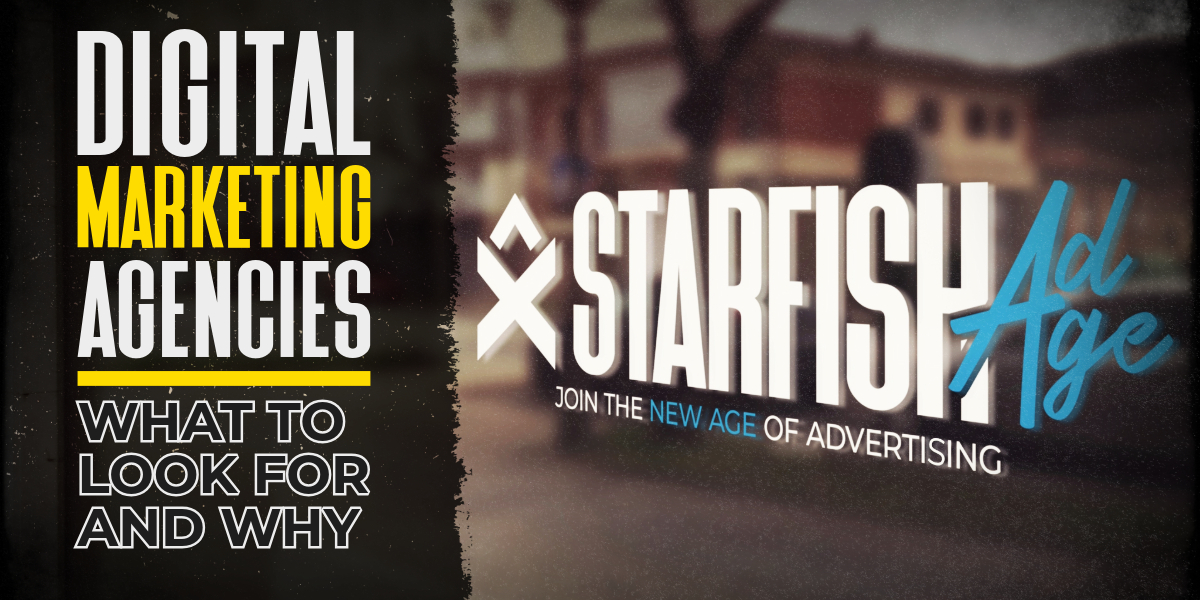
Learn how to select the best digital marketing agency for your small business, the benefits of hiring an agency, and tips for maximizing your online presence.
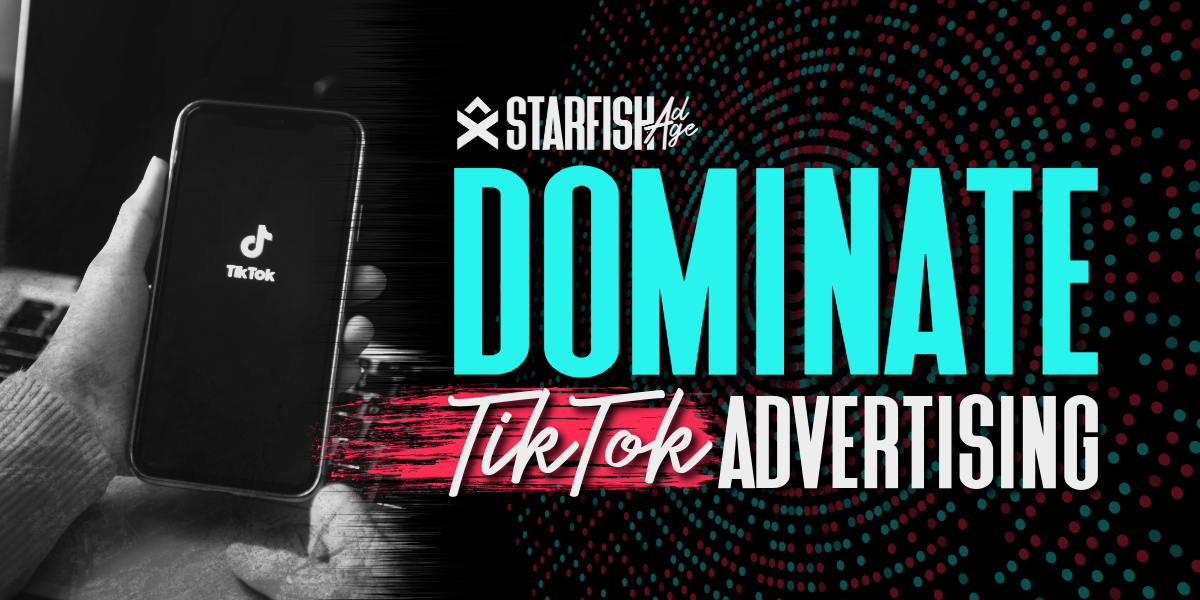
Learn how to leverage TikTok advertising, ad formats, targeting options, and best practices to increase brand awareness, and drive sales.

Learn about Connected TV (CTV) ads, their benefits, and how they work. Understand programmatic CTV advertising for effective digital marketing campaigns.
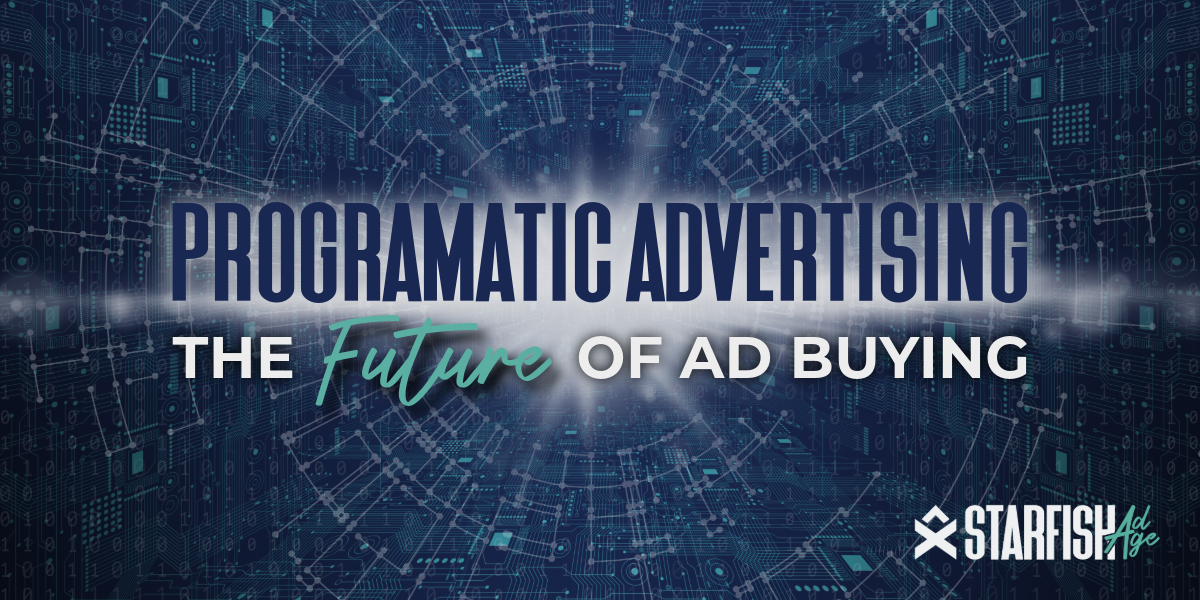
Discover the benefits of programmatic advertising, an automated method of buying digital ad space that enhances targeting, efficiency, and campaign performance.
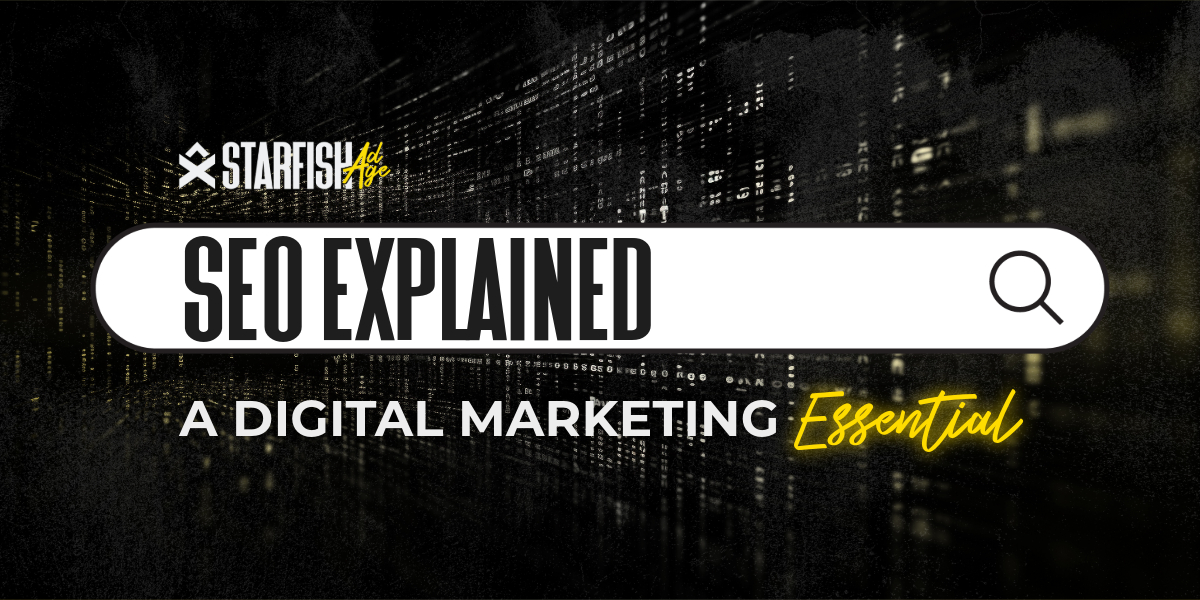
Discover what SEO in digital marketing is and why it matters. Learn how search engine optimization can increase your business’s success.

Learn how to advertise on Google effectively. The basics of Google Ads, from setting up your account to targeting your audience and driving qualified traffic.
All Rights Reserved | Starfish Ad Age LLC | 2023 | Privacy Policy